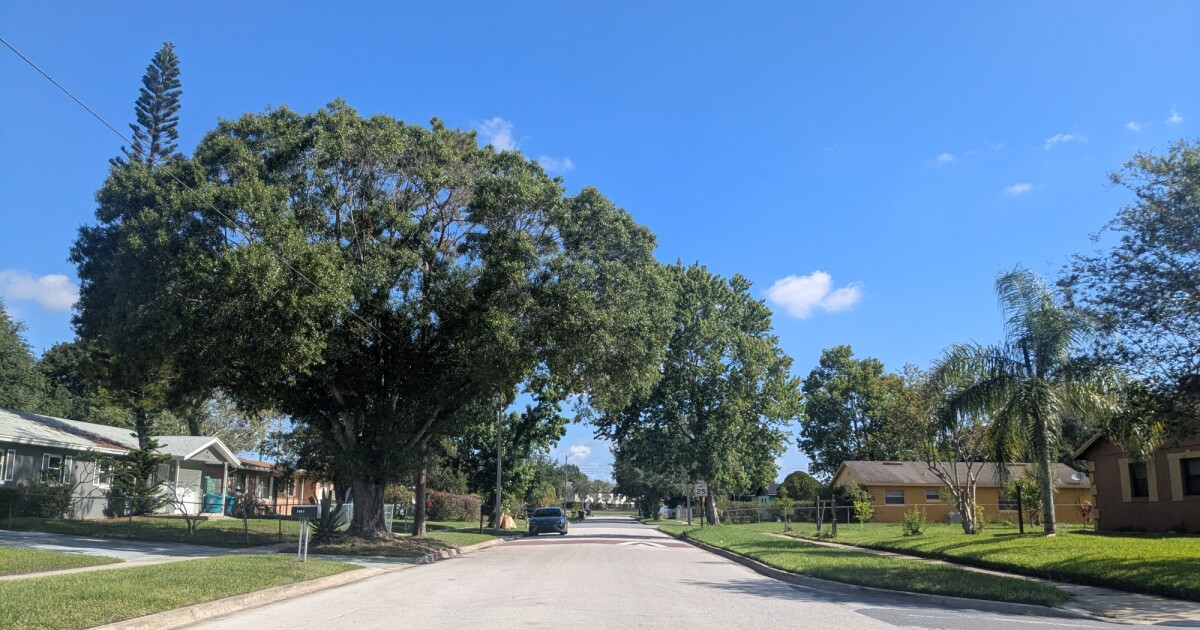Living a long, healthy life isn’t just about genetics. It often comes down to daily habits we can all adopt. Inspired by communities known for their longevity, we can learn simple practices to enhance our lives. Here’s a look at some of these habits, along with new insights to help us understand how they work.
1. Stress Management
The Challenge: Everyday stress can keep us on edge, affecting our well-being.
The Solution: Introduce mini-breaks throughout your day. People in blue zones, like Sardinia and Okinawa, use small rituals to unwind, whether it’s sharing a joke over drinks or enjoying a tea ceremony.
Why It Matters: Just a couple of minutes of relaxation can lower stress hormones. Studies suggest that even brief moments of calm help improve heart health and mental clarity.
Tip: Pair a calming activity with a daily cue, like taking a deep breath while waiting for your coffee.
2. Eating Whole Foods
The Challenge: Processed foods dominate our grocery stores, making it easy to neglect nutritious options.
The Solution: Focus on whole, plant-based foods. Communities such as those in Nicoya consume lots of beans, while Okinawans enjoy sweet potatoes.
Impact: Research shows 70% of grocery items in the U.S. are ultra-processed. In contrast, blue zones prioritize nutrient-rich foods rich in fiber and polyphenols, promoting gut health and longevity.
Tip: Every morning, fill a bowl with a rainbow of fruits and vegetables. Aim for at least five different colors by dinner.
3. Embrace Movement
The Challenge: Sedentary lifestyles are the norm, but movement is essential for health.
The Solution: Integrate natural movement into your life. In blue zones, people often stay active through daily tasks, such as gardening or walking.
Research Insight: Regular low-intensity activities help maintain fitness and prevent chronic illnesses better than sporadic workouts.
Tip: Turn a sitting activity, like reading emails, into a standing one. Small adjustments add up over time.
4. Build Connections
The Challenge: Isolation can weaken our overall health.
The Solution: Create a "longevity circle." Blue-zone communities emphasize the importance of social connections. Harvard’s long-term studies found that strong relationships are crucial for a healthy life.
Tip: Schedule regular catch-ups with friends or family. Quality time is more vital than quantity.
5. Mindful Eating
The Challenge: Eating while distracted can lead to overeating and poor choices.
The Solution: Slow down your meals. People in Okinawa and Nicoya have traditions that encourage eating mindfully, allowing time to recognize when they are full.
Why It Works: Mindful eating helps control portion sizes, which can prevent weight gain and promote better digestion.
Tip: Use smaller plates and start meals with vegetables to fill up healthily.
6. Light and Sleep
The Challenge: Artificial lighting disrupts our natural clocks.
The Solution: Get sunlight in the morning and minimize bright lights in the evening. Morning light helps regulate wakefulness, while dim lighting signals your body to prepare for rest.
Research Insight: Good sleep is linked to better heart health and cognitive function.
Tip: Spend a few minutes outside each morning, and use warm light at night.
7. Find Your Purpose
The Challenge: A lack of direction can sap motivation and energy.
The Solution: Identify your personal “why.” In Okinawa, having a purpose is linked to lower rates of cognitive decline.
Expert Opinion: Purpose-driven individuals often have better mental and physical health.
Tip: Write a simple statement about your purpose and display it where you’ll see it daily.
8. Focus on Plant-Based Eating
The Challenge: A meat-heavy diet can strain health and the environment.
The Solution: Adopt a “plant-forward” approach, using meat sparingly. Blue-zone meals feature meat more as a flavor than the main event.
Impact: Lowering animal protein can reduce cancer risks linked to faster cell division.
Tip: If you eat meat, limit portions and fill your plate with legumes and whole grains.
Conclusion
Living well and thriving into old age is about making small changes. These habits, grounded in science and tradition, can pave the way for improved health. They are practical and can fit into any lifestyle. By starting with even one habit and building on it, you can create a foundation for lasting wellness.
For more information on longevity and health, check out resources from the Harvard Health Blog. You deserve to thrive at every age!






















